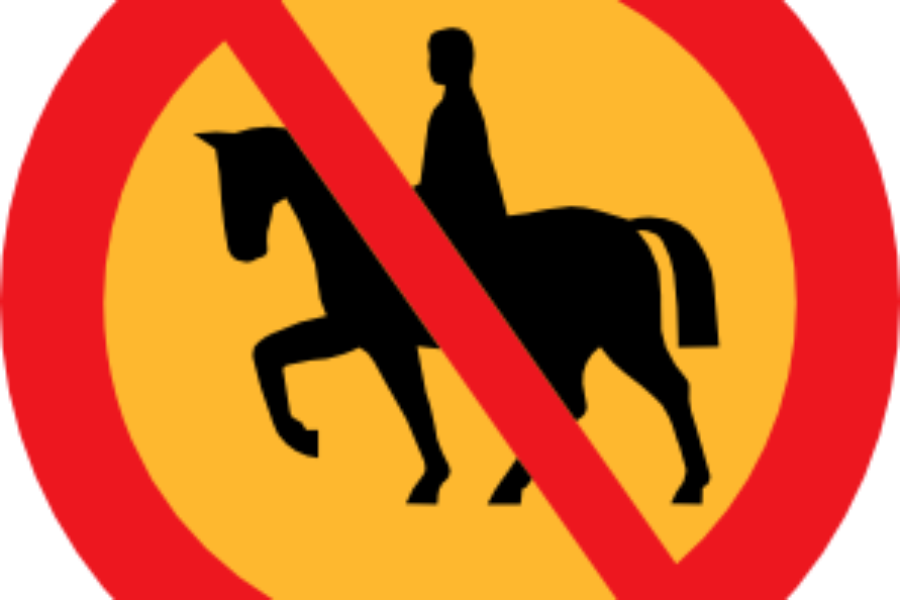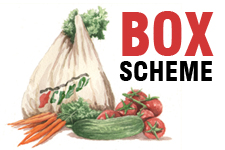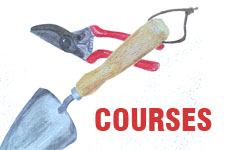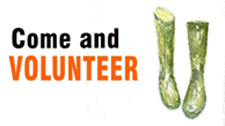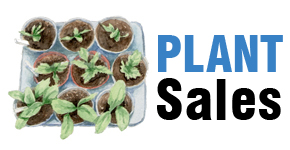Hot on the heels of January’s food-waste report is February’s horse-meat scandal. Yet again the industrial food system shows that an unregulated market based on the profit principle is a recipe for disaster. There is no doubt that this government’s persistent undermining of the Food Standards Agency is part of the problem; numbers of inspectors were cut by 60% in 2010 and the agency now depends on industry alerting it to the results of tests voluntarily. However, the issues run much deeper than poor regulation.
The food industry in Europe has become concentrated to the point where a handful of corporations dominate the processing and supermarket sectors. These players have been consistently driving down prices and developing complex supply chains which enable them to buy products at the last minute from wherever they are cheapest at any point, depending on exchange rates and prices on the global commodity markets.
In the face of the horsemeat scandal, the food industry is looking for scapegoats in Poland and Romania, refusing to acknowledge that by consistently driving down prices paid to farmers and manufacturers the problem is one of their own making. Perhaps we should look to Poland and Romania for solutions?
Romania’s population of 21 million have 4.5million agricultural holdings between them, compared to just 300 000 farms for 62 million people here in Britain. 25% of the Polish population work in agriculture and related industries compared to less then 1% here. We need accountability and honesty in our food system, and the best way to find that is to shorten supply chains, increase local production and know who grows your food. There is no horse in our salad, and if you don’t believe us you can come and check.

